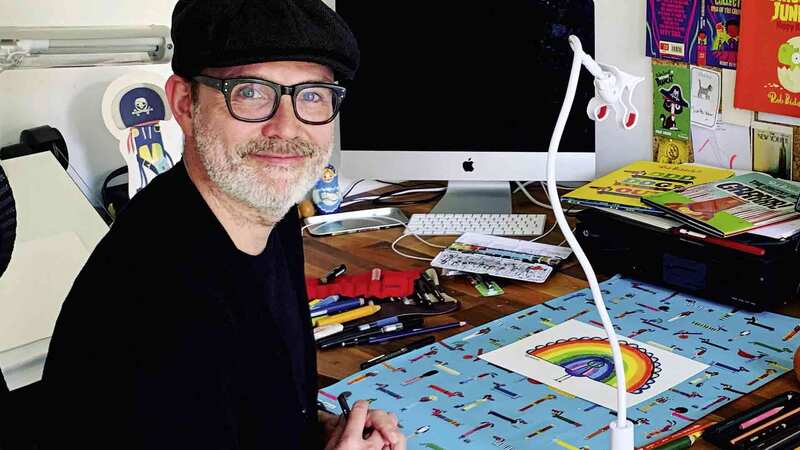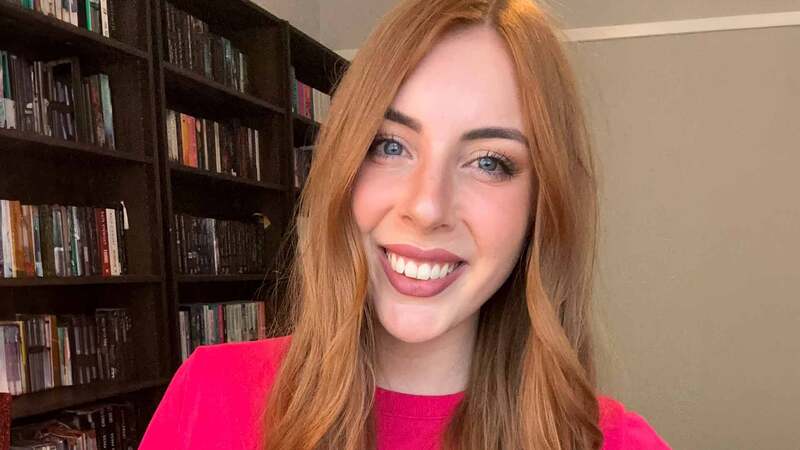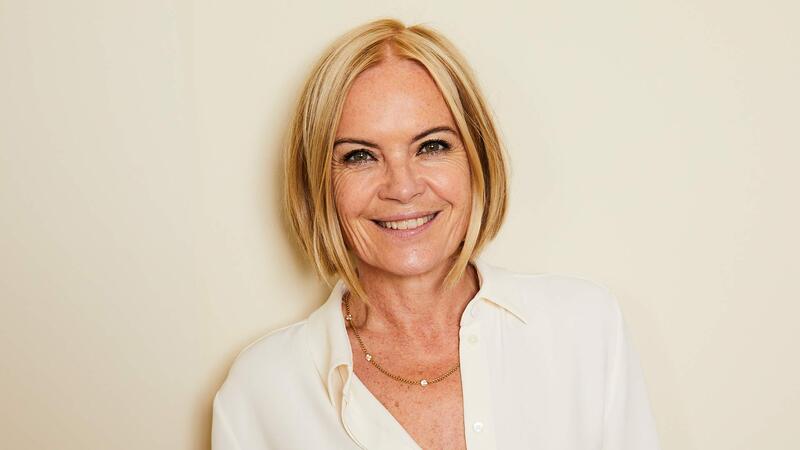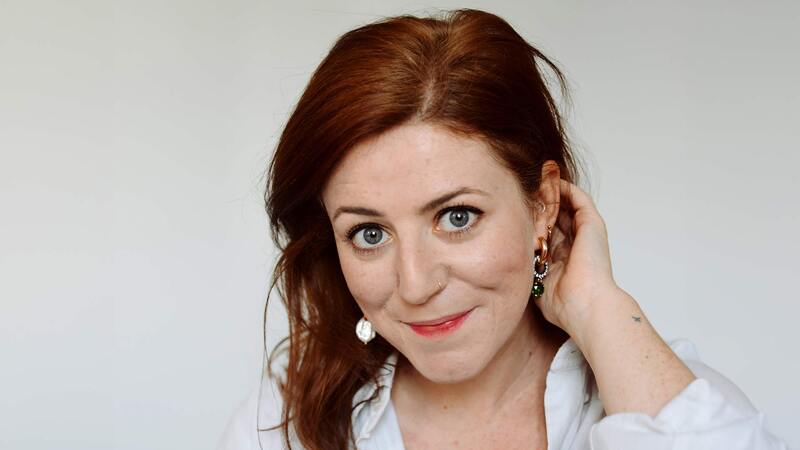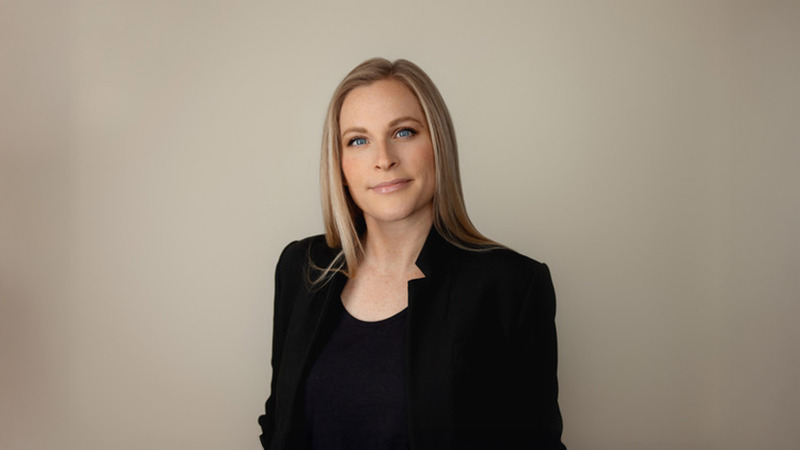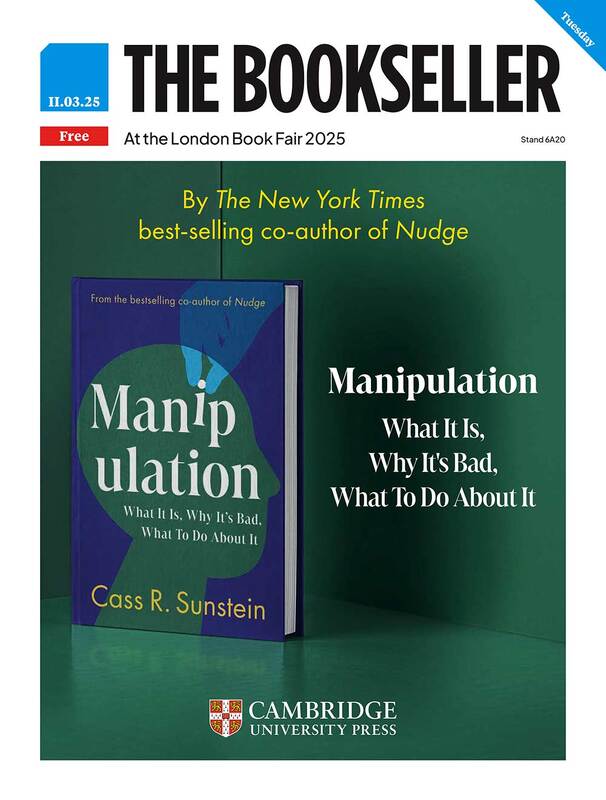You are viewing your 1 free article this month. Login to read more articles.
Literature event accessibility guide seeks funding
A project to develop a guide for making literature events accessible for disabled people has received £4,000 from the Edinburgh International Book Festival (EIBF) and is now appealing to raise the rest of the funds it needs.
The Inklusion guide was conceived by disabled writers Julie Farrell (pictured, top) and Ever Dundas after they became frustrated by “the litany of excuses” about why literature events couldn’t be made accessible. Covering accessibility for both event speakers and audience members, the guide will outline best-practice access for book launches, festival events, conferences, panels, workshops, fellowships and residencies. It will include information on running in-person, online and hybrid events.
The guide will be available as a free PDF and print booklet. Farrell and Dundas hope it will “take the onus and emotional labour off disabled individuals” to educate events providers and publishers. They are seeking to raise a further £16,000, which will enable them to complete the guide.
The project has the backing of prominent authors including Val McDermid and Kit de Waal. McDermid said: “Paradoxically, lockdown made festival access easier for many disabled people because everything went digital. What’s important as we emerge from that is to make sure this access is replicated in the face-to-face world. A guide to make that more straightforward for everyone organising a book event of any kind is exactly what we need. I want to live in a world that is inclusive; books break down all kinds of walls, and access to books and writers should also be free from barriers.”
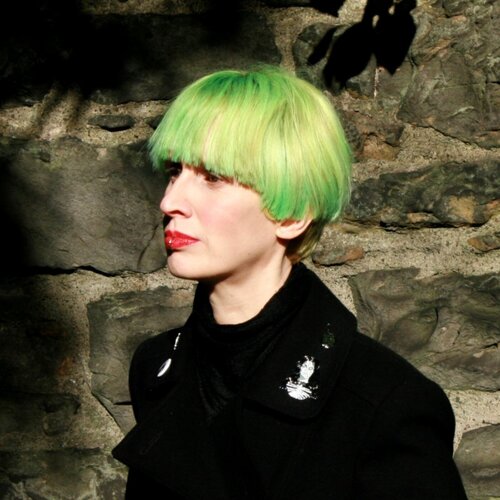 Alongside £4,000 in funding, EIBF also commissioned Inklusion to carry out a venue assessment in August 2021, looking at the accessibility and equality of access at its new site at Edinburgh College of Art.
Alongside £4,000 in funding, EIBF also commissioned Inklusion to carry out a venue assessment in August 2021, looking at the accessibility and equality of access at its new site at Edinburgh College of Art.
Farrell said: “The funding we have had from EIBF has been incredible, as has the support we have had from world-famous authors like Val McDermid, Kit de Waal, Frances Ryan and Helen Sedgwick. The pandemic has seen a rapid increase in access and inclusion in the arts all over the world, and for the first time disabled people are feeling included. For so long we were told access was ‘too complicated’ or that organisers didn’t have resources, or it was ‘logistically challenging’. The pandemic has proved this is not the case—and we must not go back to our old ways.”
Dundas (pictured, right) added: “One in four of us is disabled, and it’s time we were included. We want to make access in the literature sector consistent, transparent and reliable. And fun! In all our hours consulting with organisations in the sector, the most common response to accessibility was fear of the unknown. We’re here to demystify access provision and instil confidence in every event provider.”
The pair hope to launch the guide at an event at the Edinburgh International Book Festival in 2022. Anyone interested in funding the project can email hello@inklusionguide.org.






